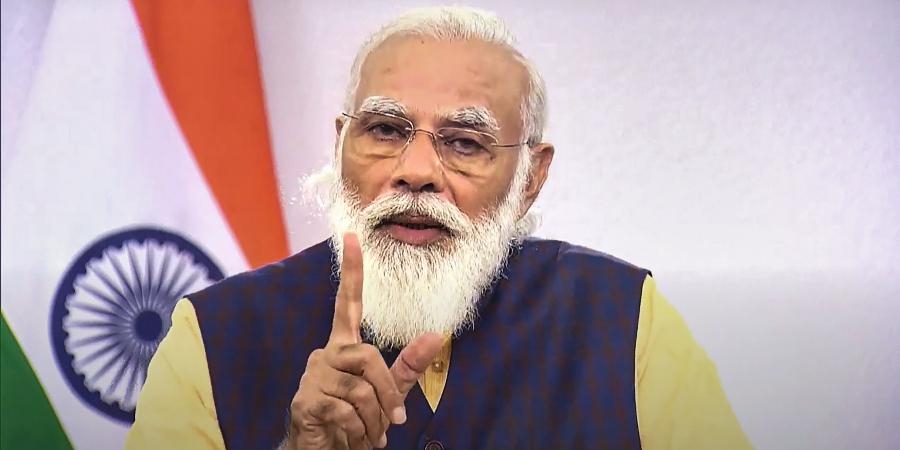Prime Minister Narendra Modi and his cabinet have come up with a master plan that could very well contain the problem of hunger and malnutrition in the country. On World Food Day, a fortnight ago, the PM released 17 bio-fortified varieties of eight crops which can increase the nutritional value of food staples several folds.
According to the Indian Council of Agricultural Research website, the following bio-fortified varieties have been released by PM Narendra Modi: The rice variety CR DHAN 315 which has excess zinc, the Wheat variety HD 3298 which is enriched with protein and iron while DBW 303 and DDW 48, both of which are rich in protein and iron.
The Maize hybrid varieties 1, 2 and 3 are enriched with lysine and tryptophan, the Finger varieties of Millet CFMV 1 and 2 are rich in calcium, iron and zinc. The CCLMV1 variety of Small Millet is rich in iron and zinc. The Pusa Mustard 32 is enriched with low Araucic Acid, while Girnar 4 and 5 varieties of Peanuts are rich in increased Oleic Acid and Yam’s Shri Neelima and DA 340 varieties are enriched with Anthocyanin.
These bio-fortified varieties are 1.5 to 3.0 times more nutritious than their traditional counterparts and PM Modi, during his speech stressed that the improved varieties of crops achieved by the hard work of the Indian farmers will change the normal Indian Thali (food plate) into a ‘nutri-thali’. He outlined about the collection of the high zinc-rich rice variety from the Garo Hills Region and Dang District of Gujarat.
According to industry experts, these new bio-fortified crops can be directly fed into India’s ambitious POSHAN Abhiyaan targeting over 10 crore people with the aim to reduce stunting, undernutrition, anaemia, and low birth weight. Biological fortification of food has proven to be simple, cost-effective and sustainable.
It is also being reported that the production of bio-fortified crop varieties will be upscaled and linked with government programmes of mid-day meal, Anganwadi to reduce malnutrition and make India Kuposhan Mukta through naturally enriched food ingredients. This will also usher in higher income of farmers and will open new avenues of entrepreneurship development.
According to ThePrint report, India loses nearly Rs 6 lakh crore in GDP due to micronutrient deficiencies in addition to the loss of employment days and productivity due to illness. The cabinet is looking to tackle this problem and therefore has come up with this solution. The Modi government also wants to make fortification of rice—one of the staple in Indian diets, mandatory in the next three years to tackle anaemia.
However, the inability to differentiate bio-fortified products from conventional products often stands in the way of the farmers getting any premium value for their crops in the market, therefore, proper certification mechanisms are needed.
If the government can come up with some certification standards for the bio-fortified crops, then the farmers could get the right price for their produce. In countries around the world where bio-fortified crops are the norm, the consumers do not hesitate to shell out more money in return for increased nutritional value.
With a growing market for such produce, the government could steadily issue the bio-fortified varieties in the mainstream. The passing of the recent farm-bills can come in handy for the production and marketing of bio-fortified crops. With a liberal market, free from the clutches of Mandi-Mafia’s, the farmers growing bio-fortified crops could fetch greater amounts for their produce, which, otherwise would have been a tedious task in the old Mandi setup.
India has a long way to go before bio-fortified crops make it to all our plates. But it’s an important step for both our farmers and the fight against malnutrition and hidden hunger.
